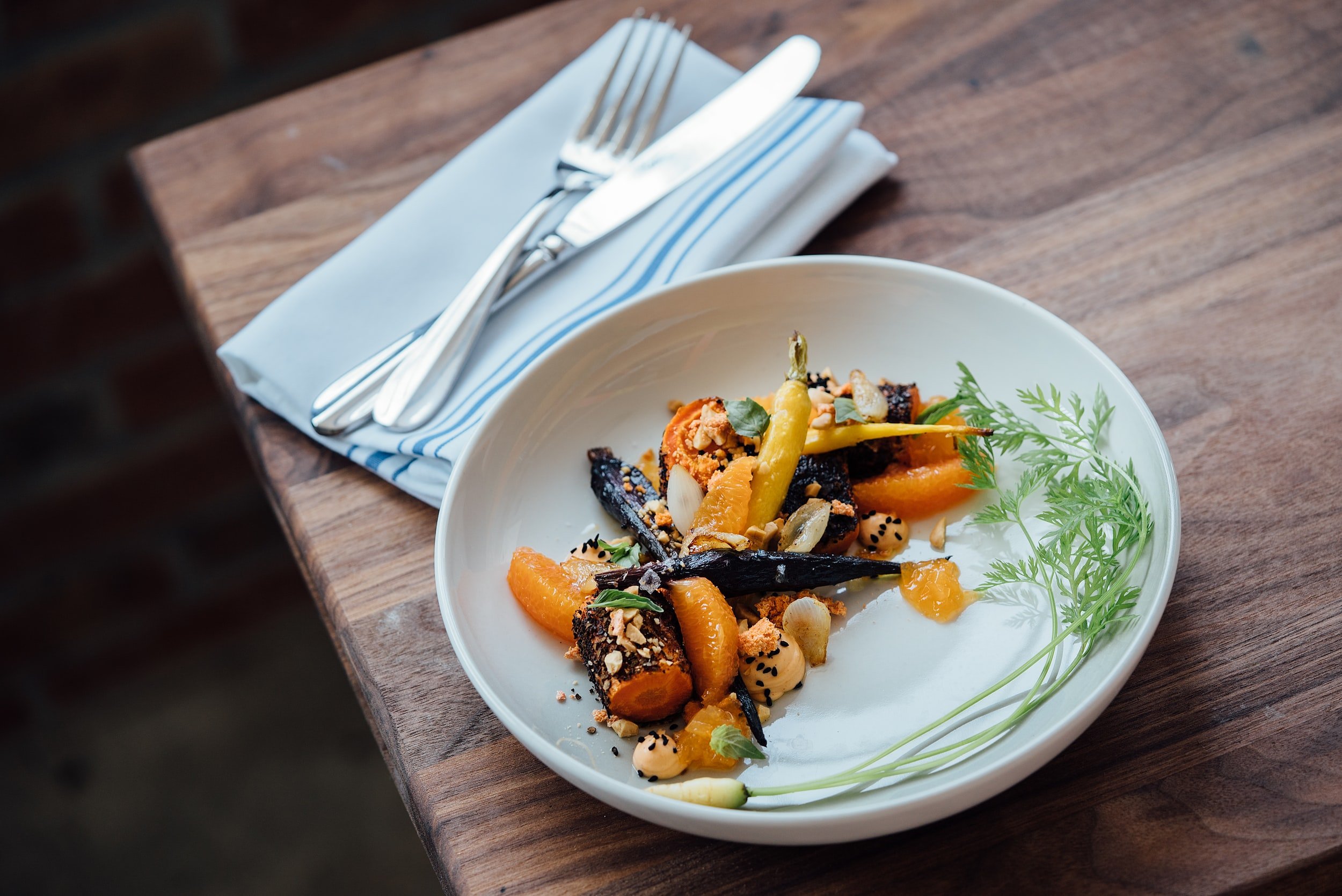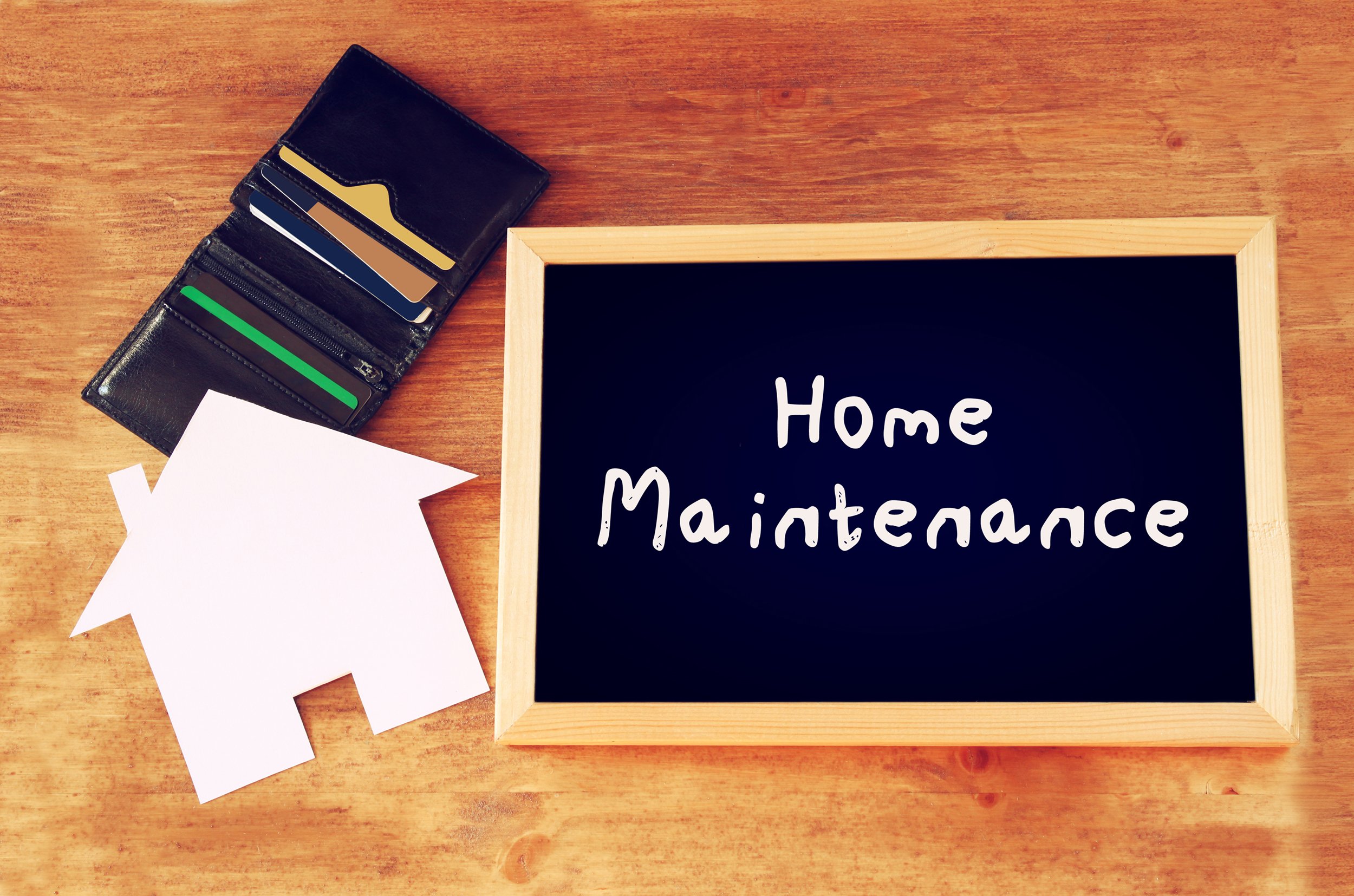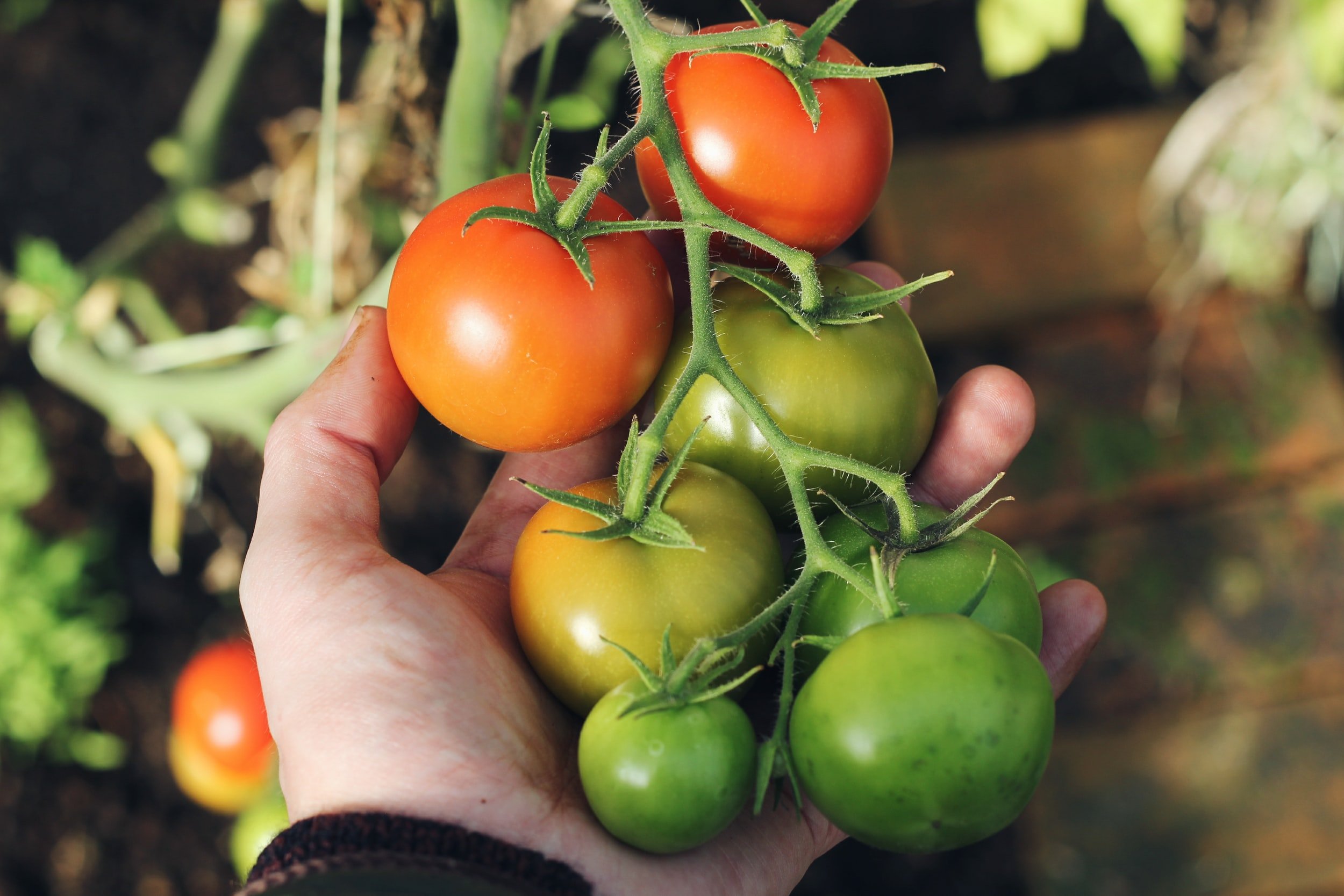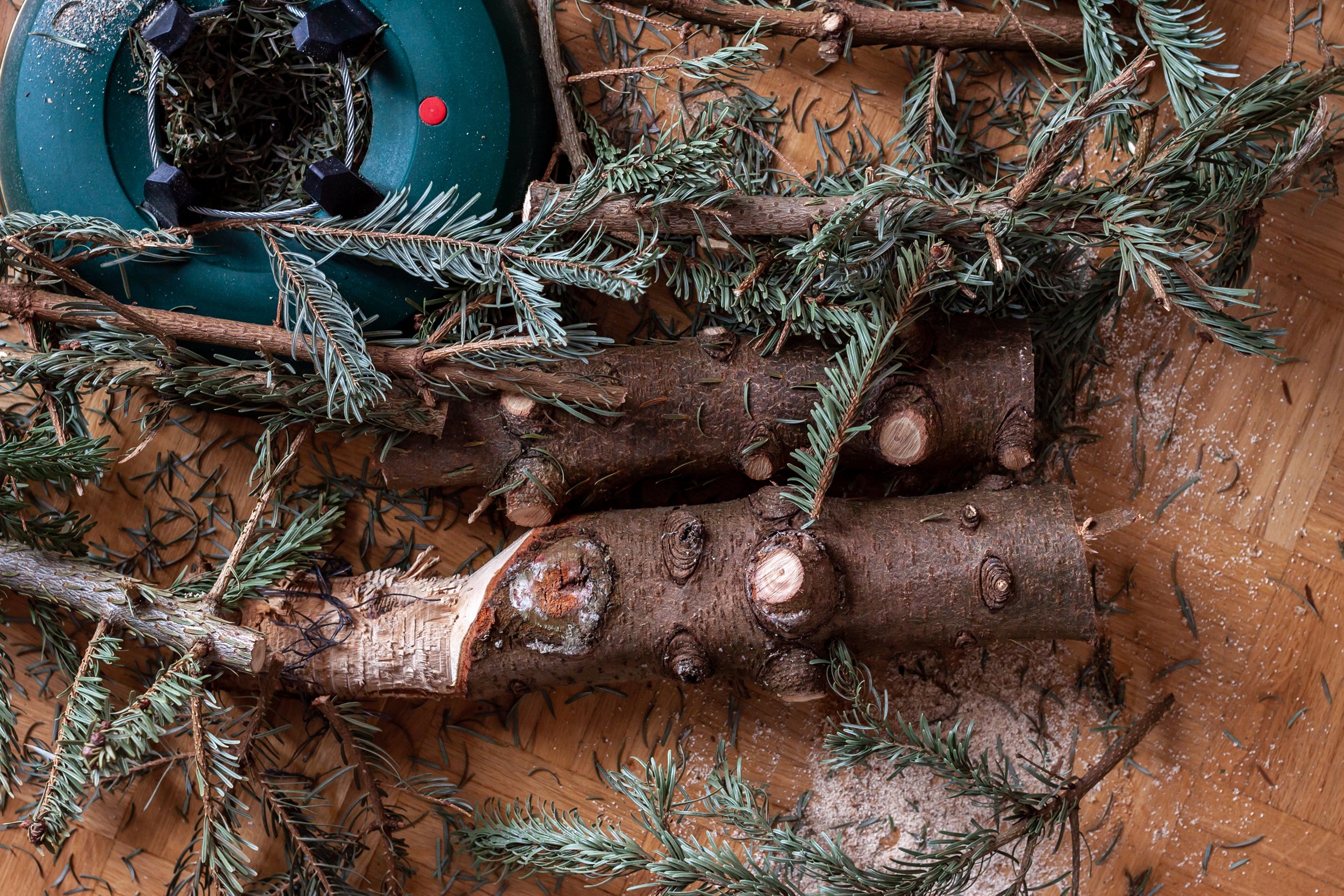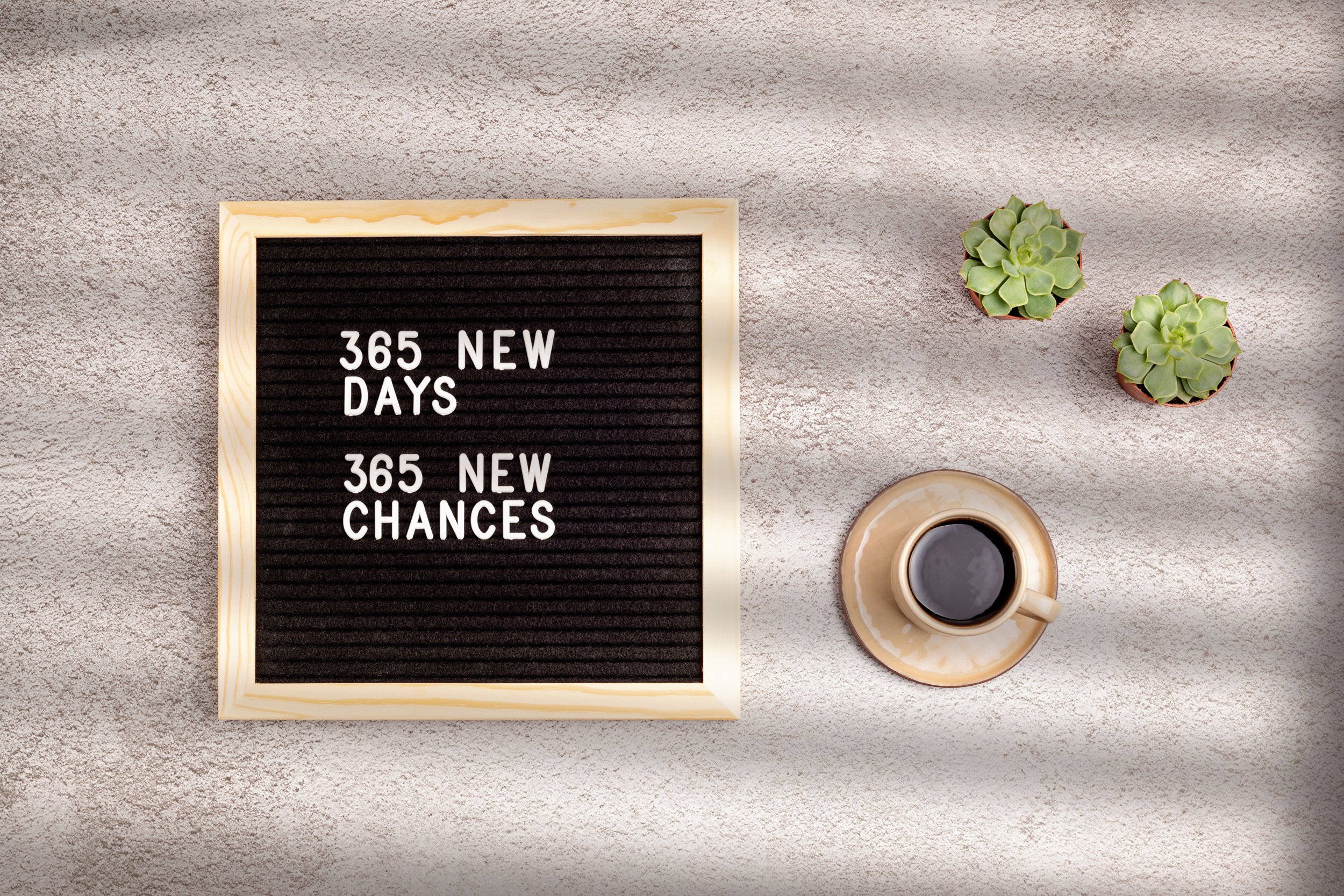9 Tips for Preventing Food Waste
We love Thanksgiving. And not just because… well… pie. But more so because of … well… you.
We’re just so damn grateful we get to share space on this planet with you all. And as we bring another pretty tough year to a close, we’re also so thankful for health and stability during these unprecedented times.
For the love. Who else is more than ready for precedented times to return?!
It might be sort of cliché, but this time of year we can’t help but reflect on all the ways our lives are simply overflowing with goodness. We’re incredibly lucky to have more than enough in so many ways—from loving friends and family to fun brewpubs to beautiful views and quiet mornings over coffee.
But we know not everyone is so lucky. And one of the ways we’re working to express our gratitude by scaling back.
In a nutshell, we’re thinking more intentionally about how our abundance might be creating scarcity for others. We’re trying to right-size our own lives so others can do the same. We’re nowhere near perfect, but we’re making an effort—a little bit at a time. And through this year’s sustainability series, we’ve invited you along that same journey. (See series at the bottom of this page)
Since many of us will soon be bellying up to an overflowing Thanksgiving table, we decided this would be the perfect time to both express gratitude for all that delicious food—and pay homage to the planet that produced it. And there’s no better way to do that than to make our celebrations a little more sustainable.
What is Food Waste?
Our food takes a toll on the environment. Food production takes a ton of energy, and it emits a lot of yuck—carbon dioxide, methane, and nitrogen—from start to finish.
Food waste has an even bigger impact on our carbon and water footprints, land use, biodiversity, and our economy. Food waste happens anytime we throw away food, edible or not. Food loss—like when a grocery store throws out unpurchased food—is also an environmental no-no.
According to the Environmental Protection Agency, food takes up more space in U.S. landfills than anything else. We waste more food here than any other country in the world. And all those discarded groceries have a negative effect on our planet.
So, let’s change the script. Here are nine ways to avoid food waste all year round!
Tips to Avoid Food Waste
#1 Cut recipes in half.
This is especially helpful during the holiday season. If you reeeeaaallllllly need green bean casserole but you’re the only one who will eat it, cut the recipe in half to reduce the leftovers.
#2 Share the wealth.
Overdo it on your grocery run? Donate your extras to your local food pantry!
To be the most helpful, check with the pantry first to see what they actually need. If they have fridge and freezer space, many food pantries would love to have fresh produce, meats, and dairy, as opposed to the boxed and canned goods we often think of donating. Food Bank of the Rockies is a great place to start.
Another way to share the wealth is to share your leftovers with friends! If you’re only cooking for one or two people, consider organizing a meal train with your friends to share all your leftovers. You’ll cook less, enjoy a wider variety of food, and create less waste!
#3 Pay attention to expiration labels.
One of the reasons we throw out lots of food is we’re worried it’s gone bad. Paying attention to the specific wording on the expiration label can give us more flexibility to decide when to eat and when to toss.
“Best if used by” is a quality indicator. It’s meant for products that won’t taste or perform exactly as expected but are totally safe to consume past the listed date.
“Use by” dates apply to products that are highly perishable or have food safety concerns the longer they sit around. These are the foods safer tossed than consumed.
#4 Learn how to compost.
Composting is the “natural process of recycling organic matter…into a valuable fertilizer that can enrich soil and plants.”
Over time, your decomposing waste—yard trimmings, leaves, mulch, paper products, food scraps, and other plant-based materials—becomes a garden’s best friend. Compost can make just about any soil more fertile, efficient, and healthy.
And better soil does a whole lot for our environment and economy. If you like to know the science of it all, check out Grow Ensemble. But TLDR; keeping food waste out of landfills is a really good thing.
#5 Befriend your freezer.
The frigid freezer temps slow down decomposition, keeping your goodies fresher longer. Whether you’re using it to save cooked or uncooked food, prolonging the shelf life makes a big difference for Mama Earth.
#6 Make a grocery list (and stick to it).
Planning meals and shopping according to your list can help you avoid buying too much or picking up things you’ll never actually use. Ever bought something because it looked good at the moment, then you forgot about it in the fridge for a week and a half? (We’re looking at you, giant tub of now-liquifying baby spinach and arugula.) Meal planning and shopping lists can help you avoid those costly, not-great-for-the-planet mistakes.
#7 Embrace imperfect produce!
Fruits and veg with blemishes or flaws are usually left in the display and then thrown out. But they taste exactly the same as the beauties that get picked up on the reg. So, try those ugly apples and green beans!
Another way to embrace the imperfect is to rethink how we peel and trim. We often cut away any unsightly bits. But all those knobs, tops, and bits don’t need to end up in the trash! For example, leaving the skin on carrots and other root veggies is totally fine. You can also compost trimmings or make them into a delicious homemade broth!
#8 Skip the grocery store altogether.
HelloFresh is a meal kit delivery service that sends pre-portioned, fresh ingredients and easy-to-follow instructions to your doorstep. They boast a pretty impressive positive impact on food waste, carbon emissions, and single-use plastics compared to traditional grocery shopping. They also always have deals for new customers, so it’s worth trying out!
#9 Be thoughtful when eating out.
Portion sizes in the U.S. are notoriously huuuuuge. To decrease food waste, only order what you’ll actually eat or split one menu item with a friend. (But tip like you didn’t, please!) And if you do end up with leftovers, take them home and actually eat them, or share with someone else.
We’re grateful for you.
We care about you just as much as we care about our Planet Earth. If you’re looking to buy, sell, or invest in real estate, we’ve got your back. Book a Discovery Meeting today!





